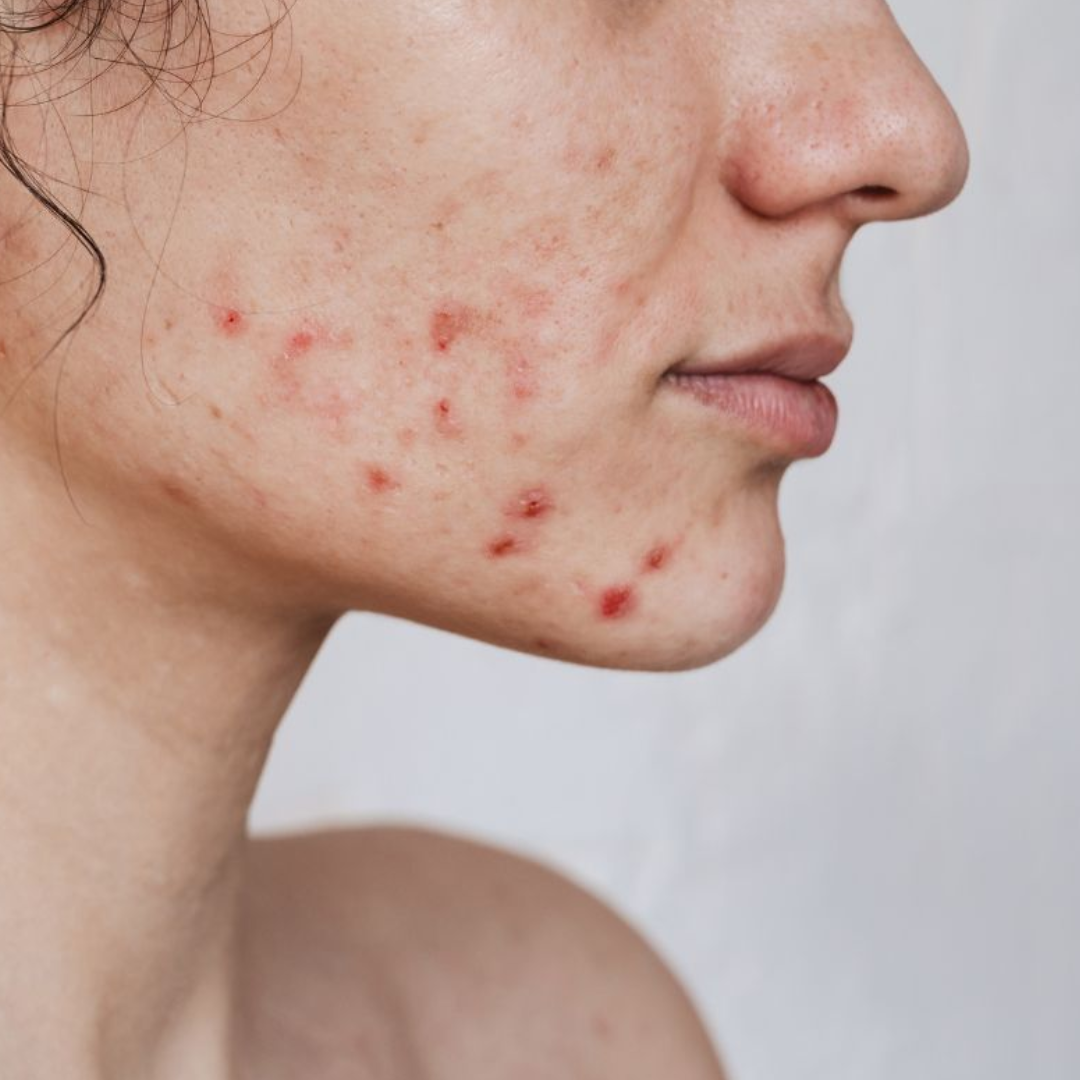
What is Acne
Acne is one of the most common skin conditions, but also one of the most misunderstood. It happens when oil, dead skin cells, and bacteria clog your pores — leading to blackheads, whiteheads, pimples, or deeper painful breakouts.
But here’s the truth: acne isn’t just a “teenage problem.” It can affect women and men of all ages, and often goes hand-in-hand with things like stress, hormones, diet, lifestyle, and even a weakened skin barrier.
That’s why quick fixes and harsh products often don’t work — they only treat what you see on the surface. To get lasting results, acne needs to be addressed both internally and externally.
At Clear Skin Fix, we focus on finding the root cause of your breakouts and repairing your skin barrier, so you can achieve clear, healthy skin that lasts.
WHAT CAUSES ACNE
Key contributing factors include:
Impaired skin barrier—When your skin’s protective layer is damaged, it loses moisture and becomes more vulnerable to bacteria and irritants. This can lead to increased inflammation, dryness, and breakouts.
Hormonal fluctuations—Hormonal shifts, particularly increased androgens, can cause the sebaceous glands to produce more oil (sebum), leading to clogged pores and acne, especially during puberty, menstruation, or conditions like PCOS.
Excess sebum production—Sebum is the skin’s natural oil. When overproduced, it can combine with dead skin cells and clog pores, creating a perfect environment for bacteria.
Bacterial colonization (C. acnes) – Cutibacterium acnes is a bacterium that naturally lives on the skin. When trapped inside clogged pores, it multiplies and triggers the immune system, causing inflammation and pus-filled pimples.
Inflammation—Inflammatory responses from the immune system worsen acne by increasing redness, swelling, and the risk of scarring. Chronic inflammation can keep the skin in a constant state of imbalance.
Use of comedogenic products—Products that are comedogenic contain ingredients that can clog pores. These include heavy oils, silicones, or certain makeup products not suitable for acne-prone skin.
Poor lifestyle habits—irregular sleep, high stress, lack of exercise, poor diet, and inconsistent skincare routines can all influence hormone levels and skin health, contributing to acne.
Certain things in your environment contribute to acne, or they can make an acne breakout worse, including:
Wearing tight-fitting clothing and headgear, like hats and sports helmets.
Toxins in the air and certain weather conditions, especially high humidity also including air conditioning
Using oily or greasy personal care products, like heavy lotions and creams, or working in an area where you routinely come in contact with grease, such as working at a restaurant with frying oil.
Side effects of medications.
Picking at your acne.
Cleaning products.


